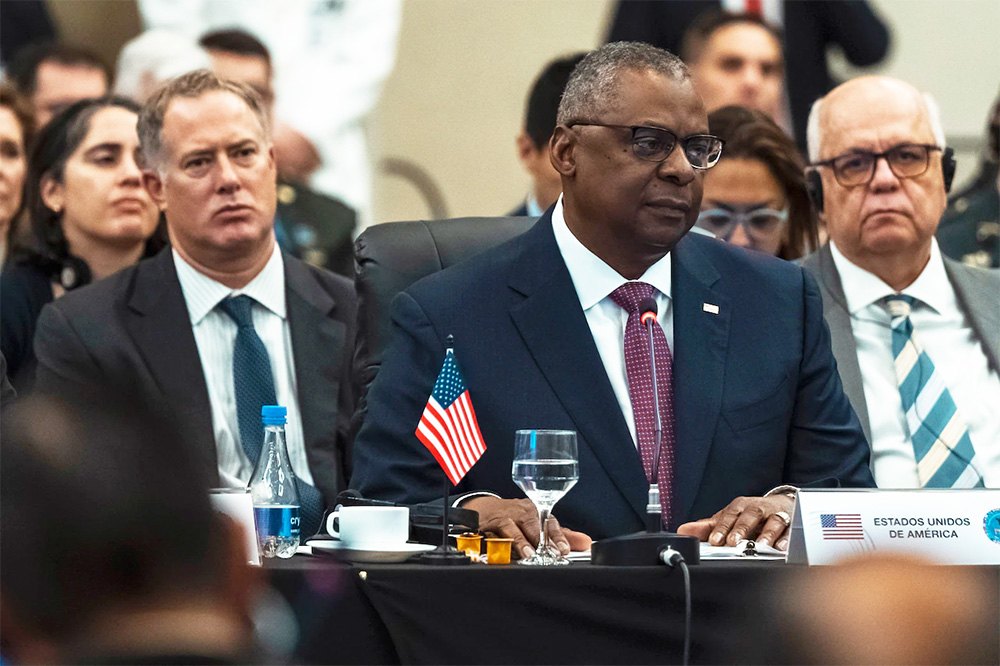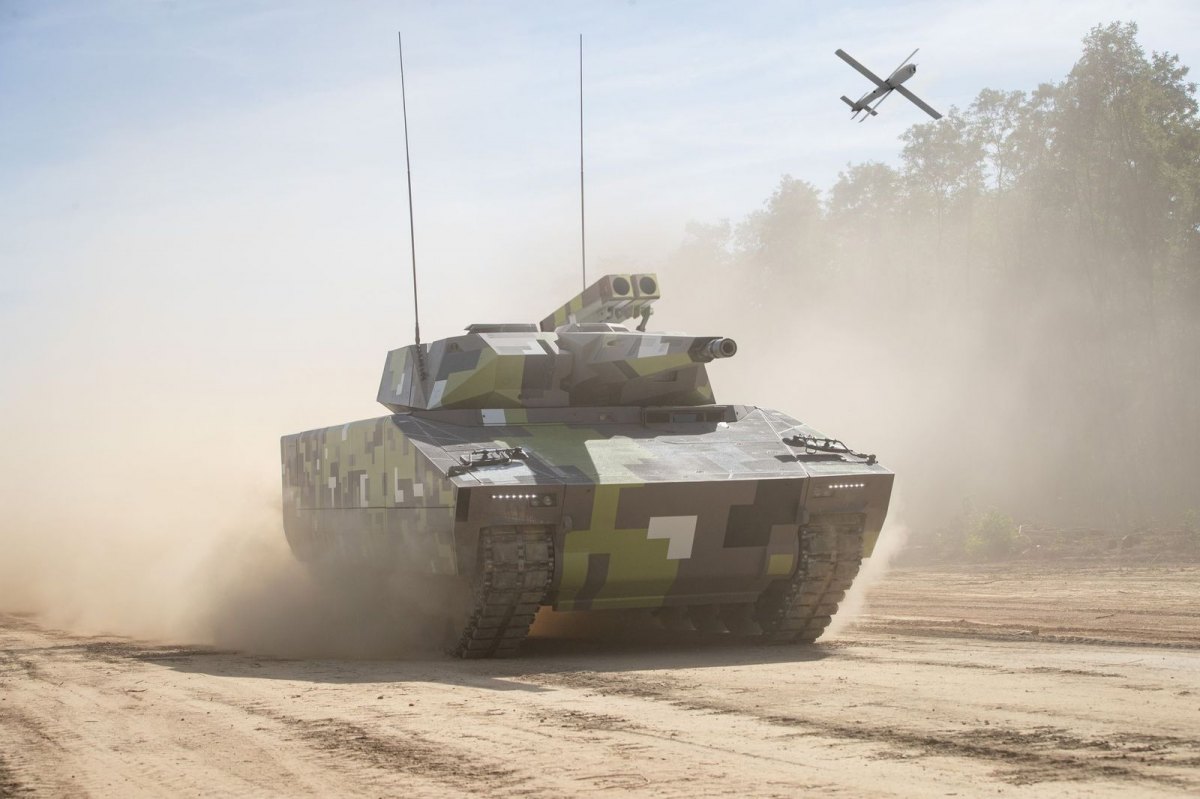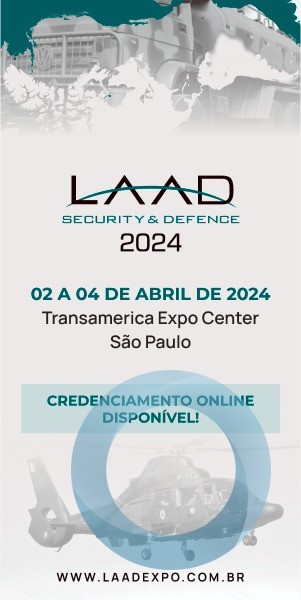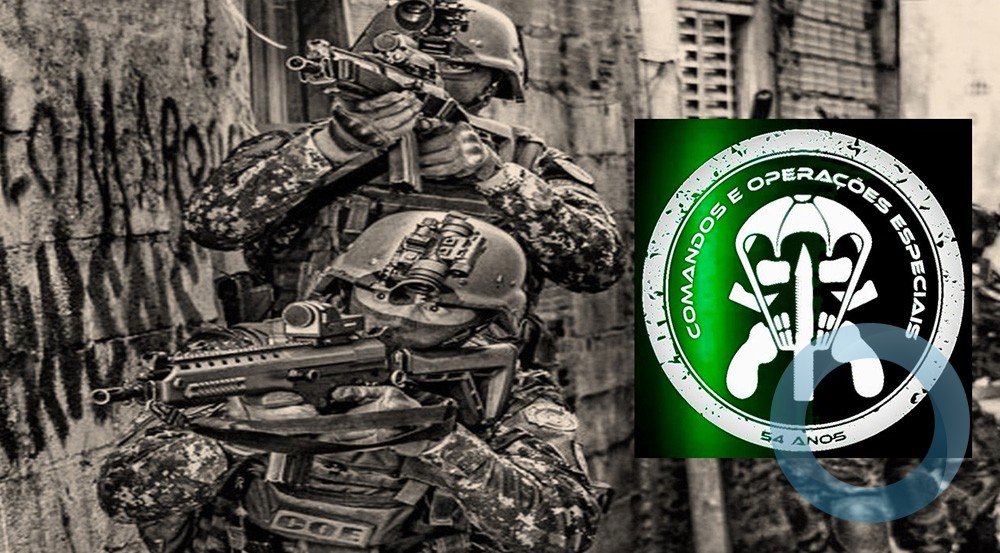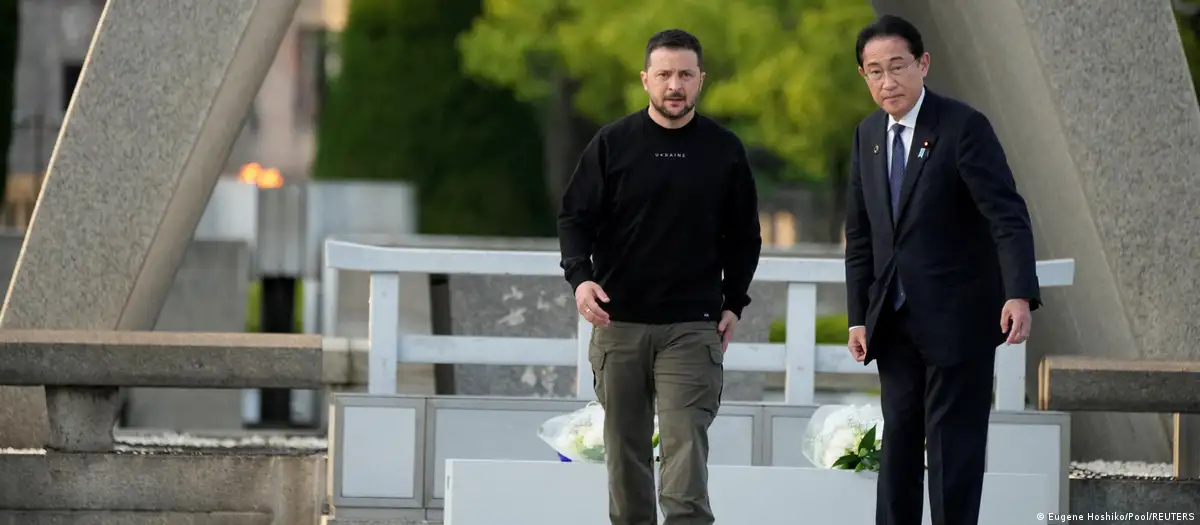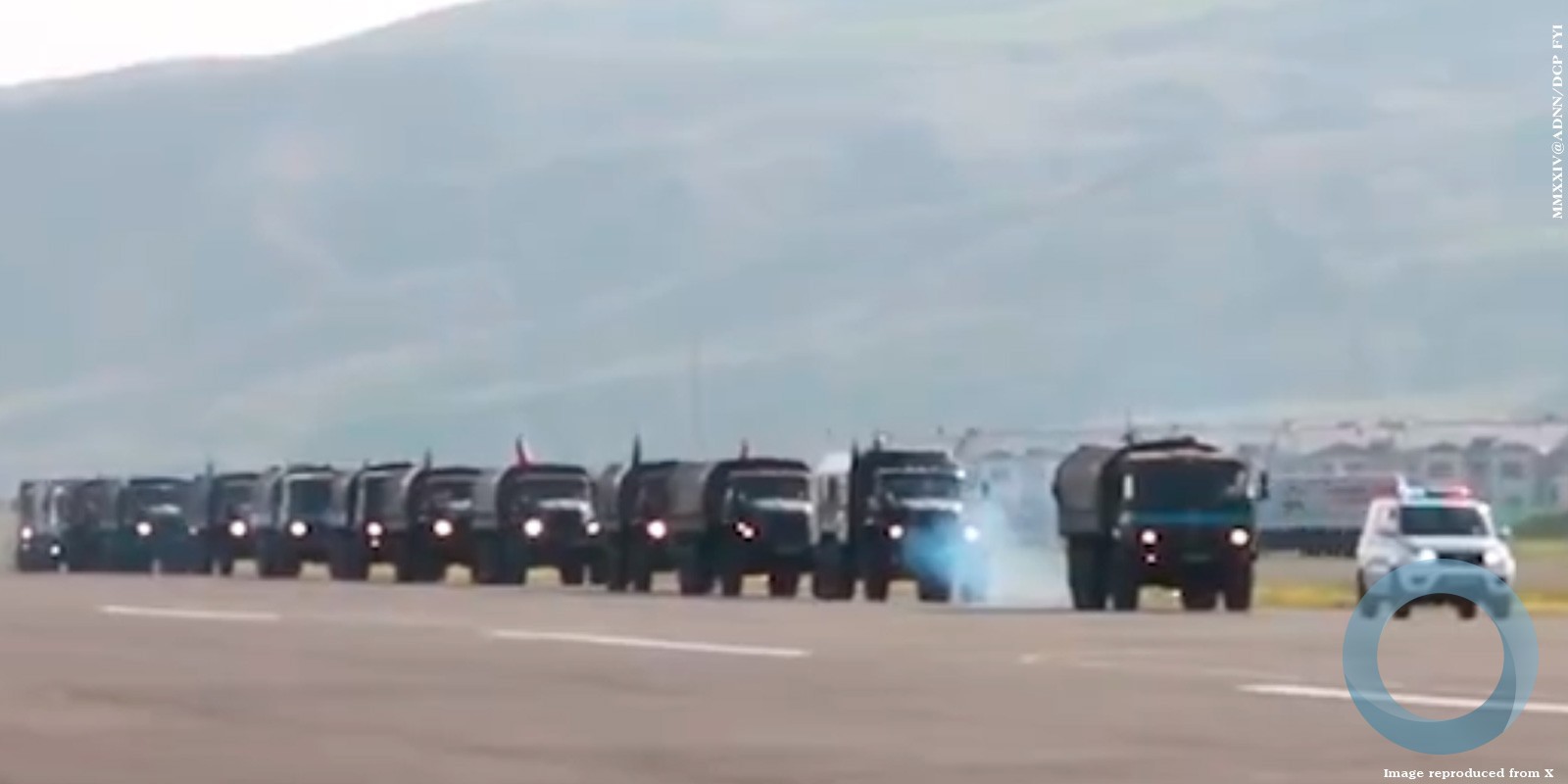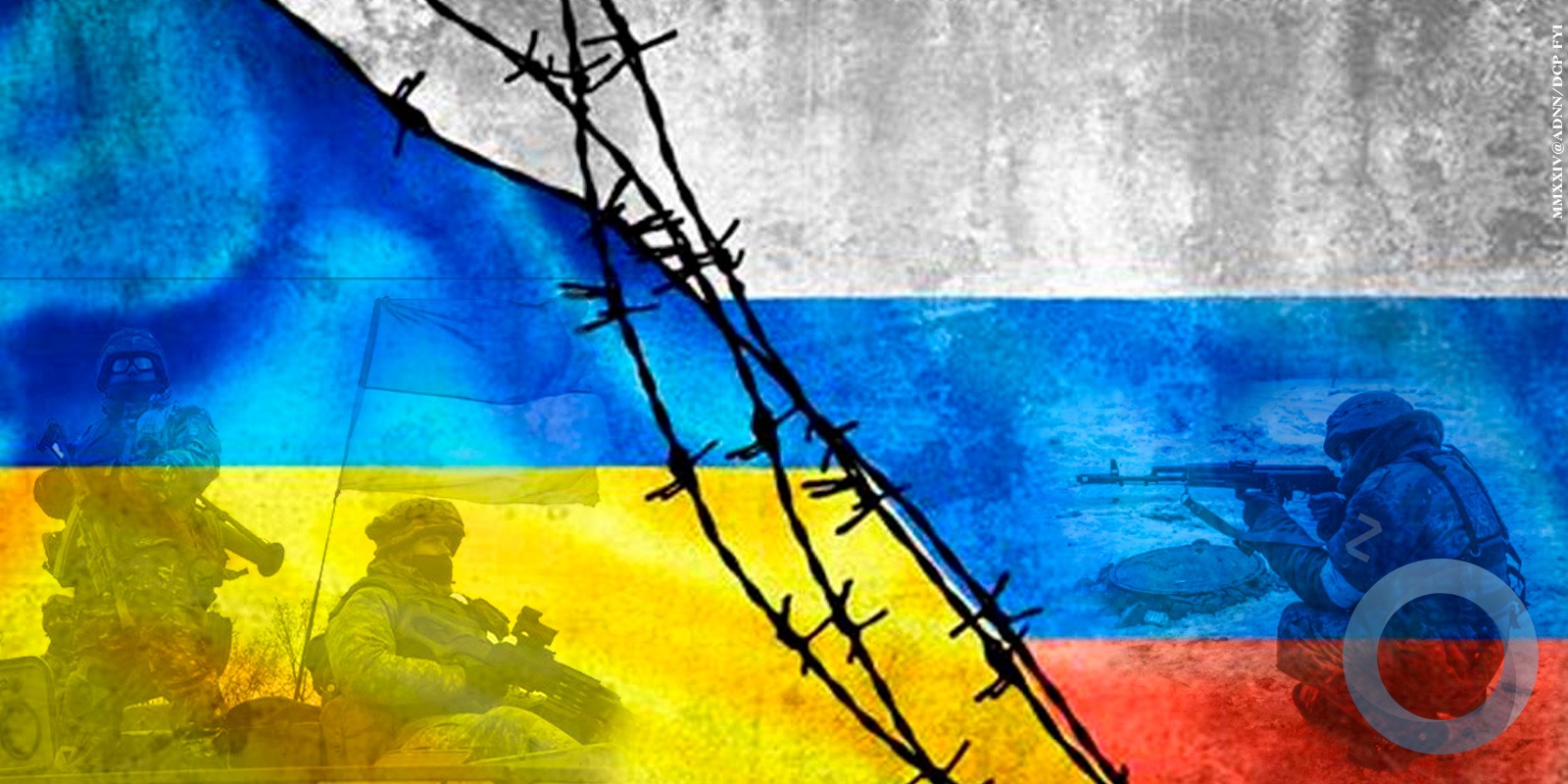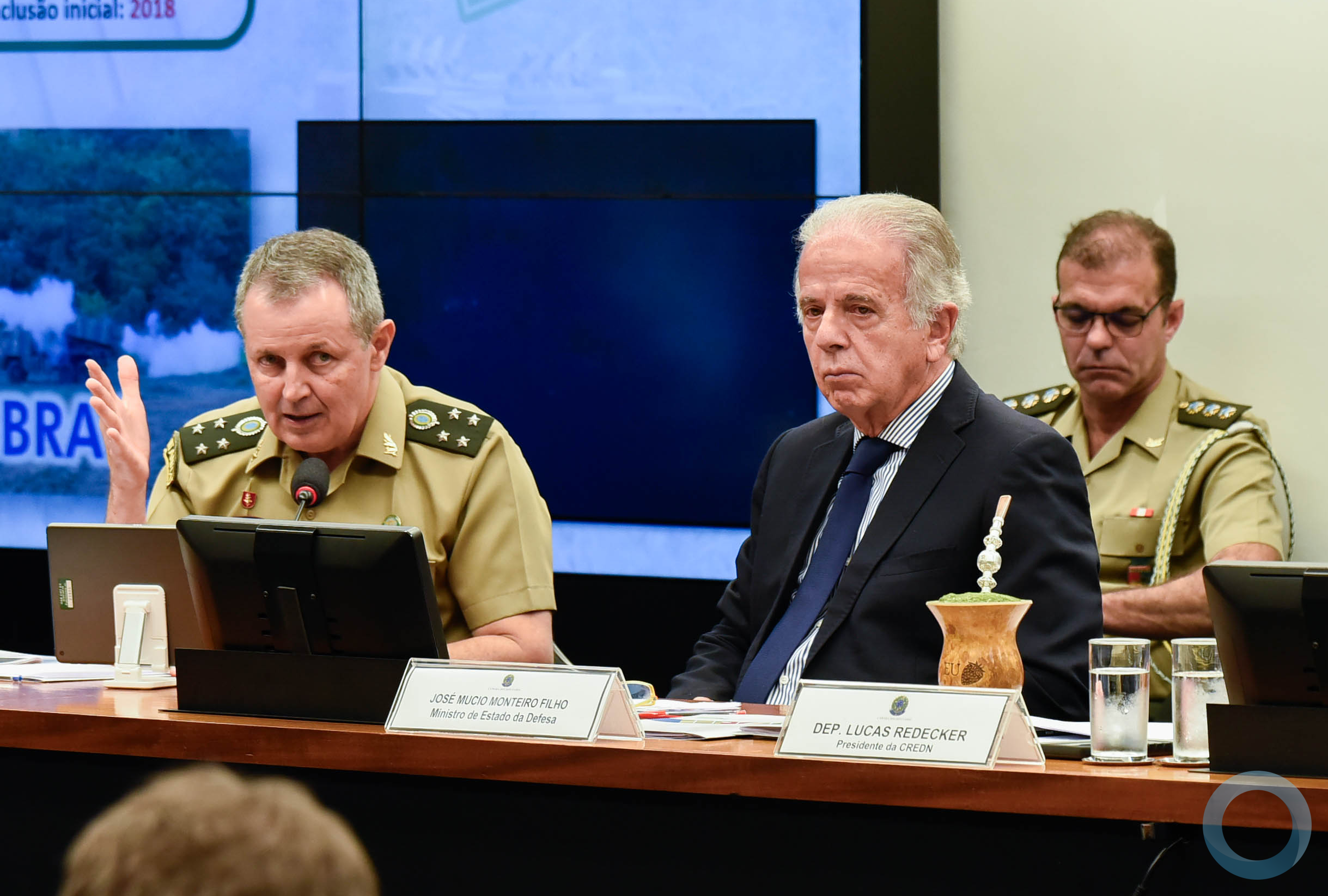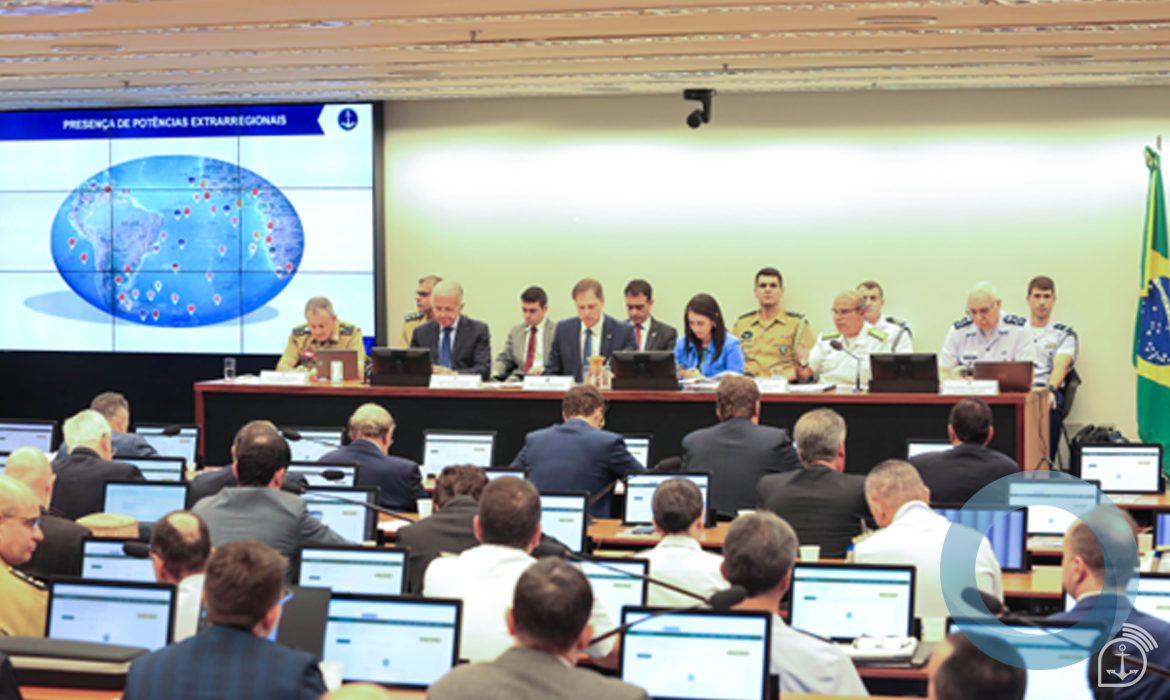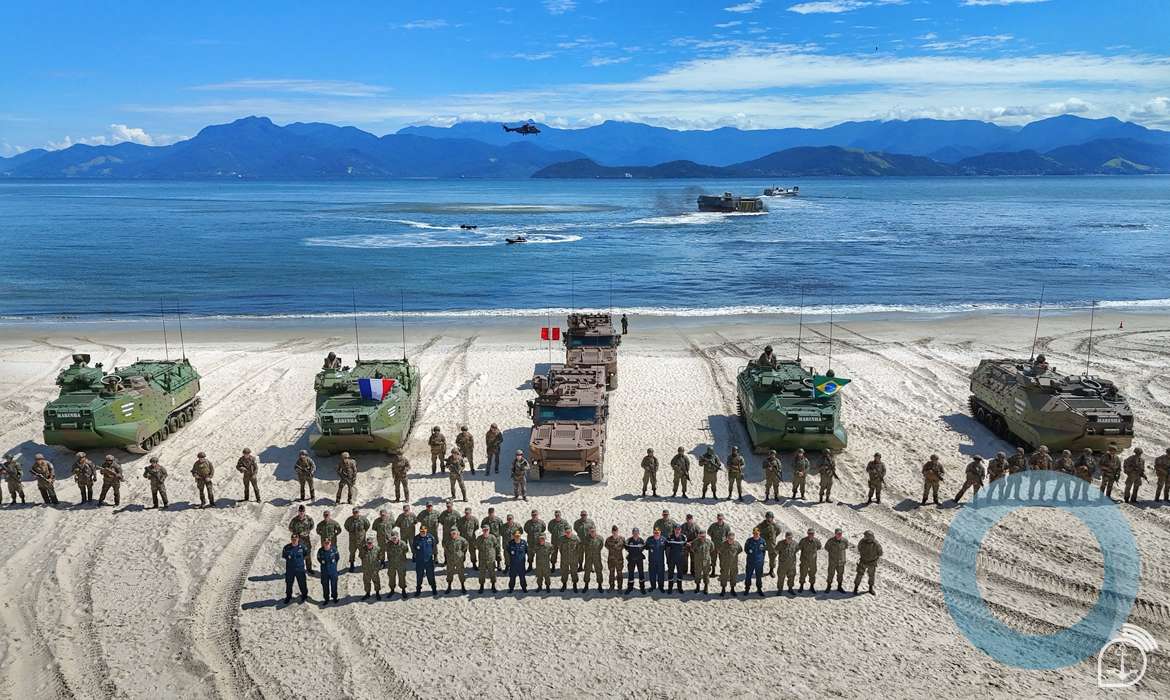Note – Commentary published about Nordic Cooperation in Defense.
The Editor
Sveinung Berg Bentzrød
09 Abril 2015
Aftenposten, Oslo , Norway
In an op-ed published in the Oslo daily Aftenposten, five Nordic ministers have signed the text outlining a very distinct military cooperation. An extended cooperation.
The agreement and the text – which has the form of a declaration – is a direct answer to aggressive Russian conduct in the vicinity of these Nordic nations.
The joint text also describes extended cooperation with the Baltic states.
Defence analyst Janne Haaland Matlary concludes that the message involves a joint deterrence. The cooperation described, including military exercises, is as far as you can go in pulling the non-NATO members Sweden and Finland into a community, without explicitly stating that it is a NATO-community.
However, in the case of these two countries, this looks like a preparation for membership in the alliance, says Haaland Matlary.
Will exercise more and exchange intelligence
Key concepts in the cooperation is:
- More joint exercises
- Joint industrial cooperation, including the defence sector
- Joint exchange of intelligence information
- Joint processing of cyber-material
Will warn each other to «prevent surprises»
This is how the defence ministers explain the background of the initiative:
«At the Nordic defence ministers’ meeting on March 10, we decided to improve the prerequisites in order to monitor the developments in our vicinity, at sea and in the air.
We emphasize the sharing of information about every movement in the air space, in order to enhance early warning and reduce the risk of unexpected events and misunderstandings.We also decided to continue the exchange of information and experience on how to meet cyber attacks.»
In November last year 12 nations met in order to prepare an extended defence cooperation: The Nordic counties plus the Baltic states, Poland, The Netherlands, Germany and Great Britain.
Even the USA is taking part in a Nordic exercise this spring.
The first visible proof of the extended cooperation will probably be the exercise «Arctic Challenge» at the end of May. It will take place on Swedish and Norwegian territories.
The USA is expected to take part with a considerable number of F-16-fighters, just as the Americans previously participated in similar exercises with F-15 planes. The American planes are based in the UK.
– Russia will perceive this as aggressiveness
Professor Janne Haaland Matlary is a member of an expert group advising the Norwegian defence minister Ine Eriksen Søreide.
She says Russia will perceive the message from the Nordic ministers as agressiveness.
– You have to take into account that there will be negative reactions from the Russian side; this however should not be emphasized, according to Haaland Matlary.
– Two years ago Norway had notified Russia about the exercise Joint Viking in Finnmark, the county bordering Russia, in 2015. Still this led to a strong verbal reaction from high places in Moscow, she adds.
This is why they extend Nordic military cooperation
The text signed by the for Nordic defence ministers and Iceland’s foreign minister opens with the following words:
«The Russian aggression against the Ukraine and the illegal annexation of Crimea are violations of international law and other international agreements. Russia’s conduct represents the gravest challenge to European security. As a consequence, the security situation in the Nordic countries’ adjacent areas has become significantly worsened during the past year…. we must be prepared to face possible crises or incidents.»
It goes on:
«We have to relate to Russia’s actions, not the Kremlin’s rhetoric. Russia is undertaking huge economic investments in its military capability. The nation’s leaders has shown that they are prepared to make practical and effective use of military means in order to reach their political goals, even when this involves violating principles of international law…. The Russian military are acting in a challenging way along our borders, and there have been several infringes on the borders of the Baltic nations.»
«Russia’s propaganda and political manoevering are contributing to sowing discord between the nations, as well as inside organisations like NATO and the EU», the text says.
The answer is like this:
«The Nordic countries meet this situation with solidarity and a deepened cooperation»
– This is no replacement for NATO
– It is very understandable that the Nordic and Baltic nations are building stronger military ties. This is no replacement for NATO, but still they are connecting Sweden and Finland as closely as possible to NATO, says Janne Haaland Matlary
– Finland and Sweden have decided to hold their exercises in line with NATO’s standards, and this involves a step on the road to the alliance. Today there is no political basis for them to enter NATO; the opinion is not sufficiently «scared», and the question would require referendums. Still, what is happening now resembles a preparation for membership, according to the professor.
A more credible joint Nordic deterrence
– What they will achieve with this text is to assemble a more credible deterrence, via commitments and exercises. It is not happening within a NATO-context, but still acording to NATO’s standards. This shows that one need not think about membership in NATO in order to think about security guarantees. This is a necessary move at the moment, says Haaland Matlary.
– We see more exercises, like in Latvia and Finnmark, that are absolutely necessary. Only forces which have trained on a location can be useful there if a conflict should break out. In the same way that Finland and Sweden train a lot together up north, in order to be able to act together in a given situation.
– And as long as the USA maintains a close cooperation with these countries, it contributes to deterrence. According to the UN-treaty, any nation may request assistance from other countries in an armed conflict. The Lisbon-treaty also contains a security guarantee. But the EU has no military power of its own.
– The US is the real guarantee in NATO, but it can also cooperate closely with non-members of NATO, says Haaland Matlary.
No obligation to fight for each other
– Does the text involve any commitment to act in a conflict?
– No, this is not explicitly mentioned in the text. Such a commitment would have to be approved by the parliaments. This is about building together as much as possible and deter as much as possible, regardless of NATO-membership. It is about showing a credible military presence, which means increased deterrence. In addition it will also demonstrate that the nations are concerned with each others’ security, says Haaland Matlary.
Conerning the cooperation with Baltic countries, the text states:
«A closer Nordic cooperation and acting in solidarity with the Baltic states contribute to increased security in our region and lowers the risk of military incidents. By acting firmly, predictably and consistently, we may contribute to peace and security in this part of the world.»
And:
«We also introduced a program to develop defence capacities, where we in cooperation with the Baltic nations can contribue to reforming the defence sectors of our cooperating countries.»
The defence minister: – Strengthens security in our region
– Defence minister Ine Eriksen Søreide, where does this text differ from previous «defence-agreements»?
– It underlines the importance of solidarity and cooperation in order to strengthen security in our region. Otherwise there is nothing new in the fact that our nations have been cooperating for a long time. The decisions that have been made to strengthen the exchange of information and understanding of the sitation in our area, plus a further development of the cooperation in training and exercises, comes on top of what has been achieved through many years.
– What mutual obligations have the five countries signed up for?
– Our cooperation is flexible, and represents a supplement, not an alternative, to each nation’s membership in NATO and the EU. The Nordic countries therefore have no mutual security guarantees, and in Norway’s case NATO’s mutual defence guarantee is fundamental.
We strengthen the security cooperation within areas considered to be expedient for cooperation within a Nordic framework.
– Haaland Matlary reads the text as «joint deterrence» and says it will bring about Russian accusations about «aggressiveness». How do you reflect on this aspect?
– We cannot predict Russia’s reactions. I wish to underline that the Nordic defence cooperation has a defensive starting point. The intention is to strengthen security and create predictability in our adjacent areas, says Eriksen Søreide.
These ministers have signed the text published in Aftenposten:
- Ine Eriksen Søreide, minister of defence, Norway
- Nicolai Wammen, minister of defence, Denmark
- Carl Haglund, minister of defence, Finland
- Gunnar Bragi Sveinsson, foreign minister, Iceland
- Peter Hultqvist, minister of defence, Sweden.






